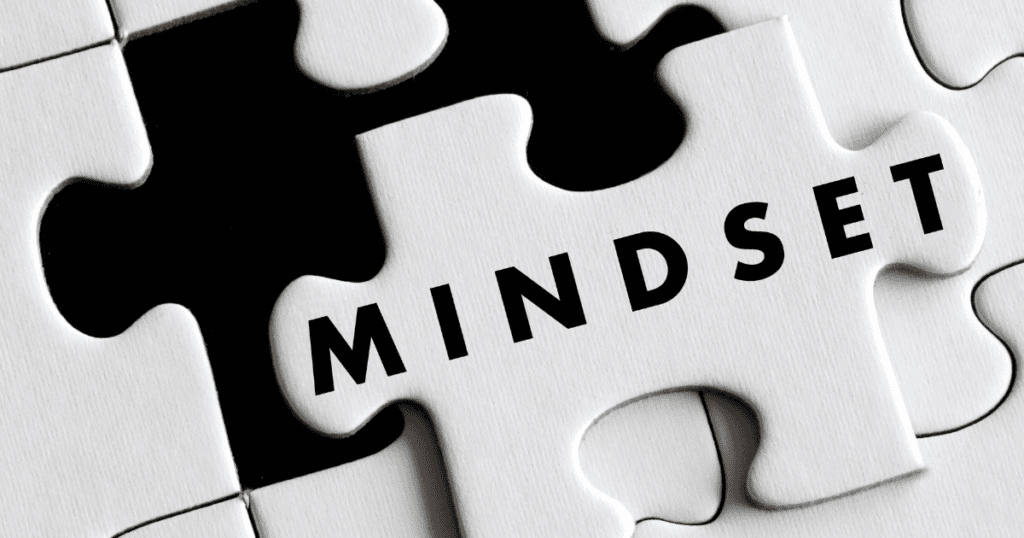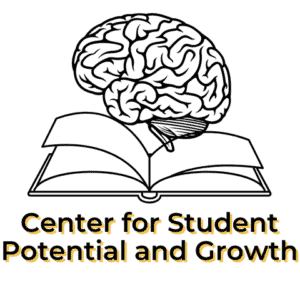
Task initiation is a crucial skill for anyone to begin any task with ease. However, for individuals with ADHD, this can be a daunting challenge. ADHD is a neuro-developmental difference that impacts a person’s inhibition, attention, and emotional regulation and can negatively affect their ability to initiate tasks.
Five key ways that ADHD can hinder task initiation are:
- Time blindness: a reduced ability to perceive and accurately manage time.
- Poor task prioritization.
- Disorganized task management.
- Lack of interest in a task.
- Negative self-perception about the ability to complete a task.
Each of these areas interacts differently with an individual’s ability to get started on a task, and this article will dive deeper into their impact levels.
1. ADHD May Cause Time Blindness

Time blindness is a term that describes how some individuals with ADHD experience time.
Essentially, it’s when we experience reduced ability to manage time accurately. We get so caught up in what we’re doing that we lose track of time, overestimate or underestimate how much time a task takes, and delay starting a task with the false belief that we’ll get it done later.
Only later comes and goes, and we find ourselves with less time than we need to tackle the task. This procrastination and wrong time estimation cycle becomes a vicious loop that negatively impacts our ability to get started.
So, if you struggle with time blindness, it’s crucial to understand how it can impact your task initiation. In the end, being aware and learning how to strategize your task better can improve task initiation and level the playing field.
2. ADHD Impacts How You Prioritize Tasks

ADHD impacts task initiation because it can impact how you prioritize tasks.
When met with nonpreferred tasks, you may need help managing emotions about the task. It requires you to put aside tasks you like to start tasks you don’t enjoy or prefer to do.
Prioritizing a task may mean increased self-management to get going. ADHD impacts the inhibition of attention and activity. It may be more challenging to overcome the urge to keep engaging in the task you like to start a job you don’t want to do.
Individuals diagnosed with ADHD may also struggle with shifting their attention (set-shifting).
ADHD can impact a person’s ability to change gears from one thing to another. The challenge to get started is further stifled when it is harder to shift gears.
3. ADHD Impacts How You Organize Tasks

If you have ADHD, it can impact your ability to initiate tasks by affecting how you prioritize them.
When you’re faced with tasks you don’t enjoy or prefer, it can be tough to manage your emotions about them. You may have to put aside tasks that you like to tackle ones you don’t. But, prioritizing a task may mean stepping up your self-management game. ADHD impacts the inhibition of attention and activity, making it harder to overcome the urge to keep engaging in a task you like instead of starting one you don’t.
Individuals diagnosed with ADHD may also have trouble shifting their attention or set-shifting. The challenge to get started is further stifled when it’s harder to switch gears mentally.
Task initiation involves organization and planning, which require extra skills and attention for individuals with ADHD. Mapping out how you complete a task by identifying each step from start to finish can help. But if the task is unfamiliar, you may hesitate to take a step forward. Inattention can make it harder to stay focused long enough to figure out what to do, which can cause you to put it off until later.
With a clearer plan, it becomes easier to complete the task efficiently and promptly.
4. ADHD Impacts Your Level of Interest in a Task

Starting a task can be tough, but it’s easier when we’re interested in it. It makes sense, right? When we’re into something, we’re more likely to jump right in. And when we’re not interested? Well, that’s when the struggle begins. It’s harder to find the motivation to start, and even harder to keep going.
For people with ADHD, this can be especially challenging. Studies show that their brains need more stimulation to get going. So, when faced with a task that isn’t particularly exciting, it can feel like an uphill battle. And even if they do start, it’s easy to lose focus and move on to something more interesting.
But here’s the thing: sometimes we have to do things we don’t really want to do. Maybe it’s a required task, or something that’s just not that fun. When that happens, it’s easy to feel discouraged, like it’s not worth the effort. And if you have ADHD, people might not understand what you’re going through. They might make comments like, “well, he can focus on video games all day, so he can focus on this (insert mundane, boring, routine task)!”
But the truth is, ADHD brains just work differently. They need more stimulation to get going, and that can be tough when the task at hand isn’t very exciting. So, if you’re struggling with starting or staying engaged in a task, know that you’re not alone. It’s not about laziness or lack of effort – it’s about the way your brain is wired. And with the right tools and strategies, you can overcome those challenges and succeed.
5. ADHD Affects What You Feel About Your Ability to Do the Task

People with ADHD are just as driven as those without. As a school psychologist, I’ve worked with plenty of ambitious students with ADHD, who might have interests that don’t always align with the conventional school curriculum.
The thing is, people tend to assume that students with ADHD are not as motivated as others. And, sadly, those with ADHD may hear this all too often. Unfortunately, even well-meaning loved ones can offer advice like “just try harder,” which reinforces the idea that individuals with ADHD aren’t trying hard enough. It may seem like harmless advice, but overreliance on these kinds of stereotypes can have a really negative impact on someone’s self-worth.
If you tell a person with ADHD that they’re lazy or unmotivated, you’ll likely hinder their ability to develop self-esteem and a positive self-image. Speaking from my experience working with students with ADHD, I’ve found that they really want to make an effort. But, it can be hard to know where to start or how to tackle a problem.
Everyone faces challenges. It’s tough to feel like you want to do your best but can’t seem to figure out how. Feelings of dissatisfaction can pile up, and it’s easy to start doubting your own abilities.
But here’s the thing – individuals with ADHD can be highly motivated and hard-working. What they really need is reassurance and support so that they can thrive and reach their full potential!
Conclusion
ADHD can impact an individual’s ability to start tasks. Getting started involves many skills that people without ADHD take for granted.
Five ways that ADHD impacts an individual’s ability to get going on tasks include:
- ADHD impacts how you use the time given for a task
- ADHD affects how you prioritize tasks
- ADHD affects how you organize tasks
- ADHD affects your level of interest in the task
- ADHD impacts what you feel about your ability to do the task
If you know someone with ADHD, they might need a little extra help and support when it comes to starting tasks. It’s important to keep in mind the challenges they might be facing so you can offer the right kind of support.
